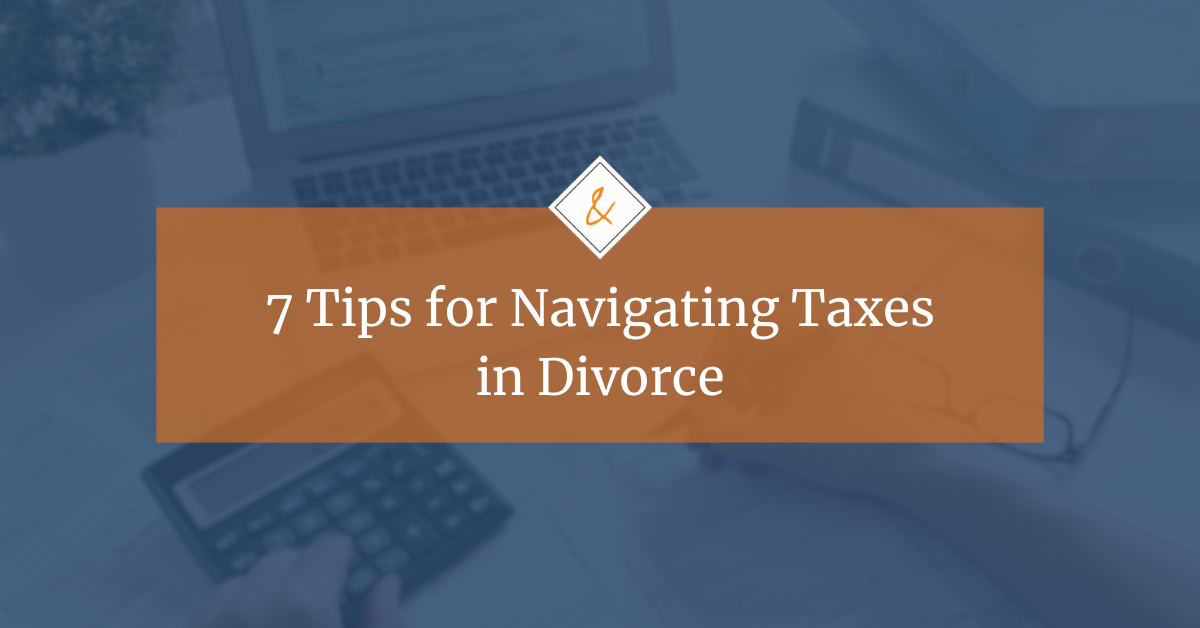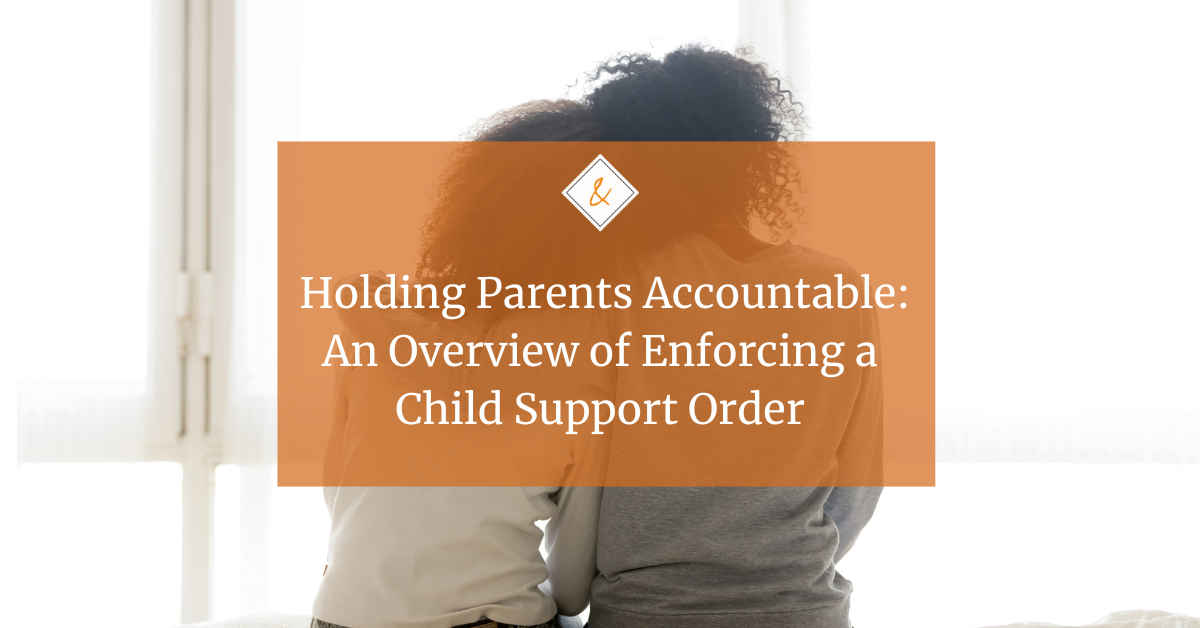Social Security retirement benefits are benefits which many clients and attorneys neglect to discuss in detail during the divorce process; however, these benefits can be a valuable source of income to keep in mind as settlement is explored and negotiated.
Social Security retirement benefits are federal benefits controlled by federal law and not subject to division by state courts. Typically, you must have earned forty (40) quarters (or approximately ten (10) years) of credits in order to be eligible to receive Social Security retirement benefits. Credits are earned by working and paying Social Security taxes on the income you receive while working. You can elect to receive Social Security retirement benefits at age sixty-two (62); however, full retirement age is sixty-six (66). Therefore, essentially you can elect to receive lower benefits for a longer period of time or receive higher benefits for a shorter period of time.
Collecting Social Security Benefits under your Current Spouse’s Accrued Benefits
If you are married and have never worked or paid Social Security taxes (or if you have not worked for the requisite number of quarters), you may still be eligible to receive Social Security retirement benefits through your spouse in limited circumstances. To qualify for your spouse’s benefits during your marriage, you must be at least sixty-two (62) years of age.
Collecting the Social Security Benefits under your Former Spouse’s Accrued Benefits
If you have divorced you may still be eligible to collect under your former spouse’s accrued Social Security benefits if:
- You were married to your former spouse for ten (10) or more years ;
- You are not married at the time you seek to begin collecting benefits; and
- You must be sixty-two (62) years of age or older (although if your former spouse has died, you may be able to begin collecting benefits earlier as a surviving divorced spouse and/or because you are disabled).
Generally, you will receive half of your ex-spouse’s retirement benefit. If your ex-spouse should die before you, you will receive your ex-spouse’s full retirement benefit; however, your own full retirement age (as determined by your date of birth) will affect the benefit amount you ultimately receive.
If your spouse has remarried and his/her second wife (or husband) is collecting benefits under your ex-spouse’s accrued benefit this has no effect on the benefit amount to which you are entitled.
2016 Changes Affecting Divorced Couples
Many Social Security changes, the most comprehensive in the last thirty (30) years, were signed into law in November 2015 with almost no public notice.
Before the November 2015 changes, divorced spouses could independently make decisions regarding when they would file for Social Security benefits. Each spouse had their own criteria to qualify to file a claim for benefits (the criteria include age, marital status, benefit amount). In fact, many spouses and former spouses employed a strategy known as “file and suspend,” where one spouse would file for benefits at full retirement age and then immediately suspend their own benefit. This strategy would enable the other spouse (or former spouse) to file a “restricted application” for spousal benefits only.
Now, however, the working spouse, under whom the dependent spouse wishes to collect, must be actively collecting benefits themselves in order for the dependent spouse to begin collecting a spousal benefit. Therefore, the November 2015 changes allow the working spouse to indefinitely block the dependent spouse from receiving Social Security benefits by merely refraining from collecting benefits themselves.
In light of the new changes, it may be worthwhile to discuss with your attorney setting a specific date in a Marital Settlement Agreement by which the working spouse will claim benefits.
Additionally, under the new rules, when anyone files for benefits going forward they will be deemed to file for both their own individual benefits and for any spousal benefits for which they will be eligible. They will then automatically receive whichever benefit is higher.
Finally, whether the new changes affect you may depend on your birthday as there are complicated benefit levels and filing statuses for individuals born between 1954 and 1960.
Conclusion
It is important you discuss your Social Security eligibility and benefits with both your financial adviser and an experienced family law attorney.
For more information visit www.SSA.gov.



